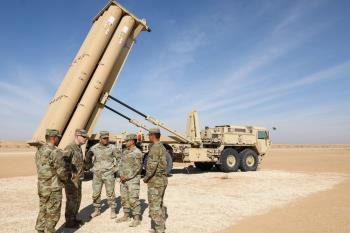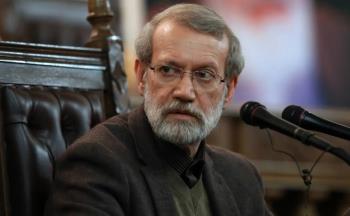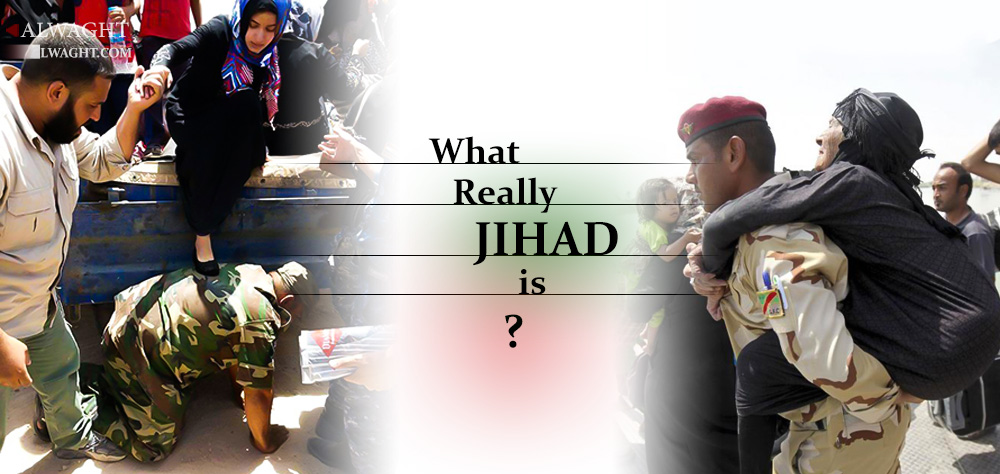Alwaght- Not many Arabic words have infiltrated Western culture. But while many Westerners have become familiar with the words falafel, hummus, habibi, and the salutation Marhaba, which generally invoke positive reaction, their conception of many other words, particularly those related to Islamic culture, is marred with the effects of misrepresentation. The word Jihad certainly does fall under the second category.
When a person whose name is usually misspelled, he or she tends to correct the misspelling even if it does not affect the pronunciation or the meaning of the name. More so, the word Jihad has been at times misrepresented and at other times understated. That’s why its image needs to be corrected even though most people spell in with a J. This is to say that what matters more is not its spelling or merely how it looks like but rather the meaning that it is used to convey.
The word Jihad is mentioned 41 times in Muslims holy Book, Koran. Most often it is followed by the phrase “in the path of God.” While Jihad is an Arabic word for struggle, it is part and parcel of the Islamic faith. Within an Islamic context, Jihad can refer to the spiritual and individual struggle to practice or spread the principles of Islam. However, Jihad is certainly not synonymous to what ISIS and its likes are committing in the name of Islam. At the same time, Jihad-in its true form- cannot be separated from Islam as some Western powers are striving for.
“..If you are slain in the way of Allah...mercy is better than what they amass [what those who stay home from Jihad receive – no booty on earth and no perks in heaven]. [3.158] …if indeed you die or you are slain, certainly to Allah shall you be gathered together.”
“...strive hard [at Jihad] in His way that you may be successful.”
“..Strive hard [Jihad] against the unbelievers and the hypocrites and be unyielding to them..”
These verses are but a few examples of how the word Jihad appears in the holy Koran. While, Jihad does indeed include a military aspect that calls on Muslims to fight for Islam, it also bears spiritual significance.
In one of the Hadiths, Prophet Mohammad is said to have told his followers upon returning from battle: “Blessed are those who have performed the minor jihad, and have yet to perform the major one.” When asked: “What is the major jihad?” the Prophet replied, “Jihad Annafs”, which is the struggle against the inner self.
This means that fighting one’s propensity to sin is Jihad, that thinking about others first is Jihad, that commitment to the principles of Islam is Jihad, among other acts.
At the same time, war calls on Muslims to fight back, to defend their religion and the oppressed. However, strict rules of engagement limit this notion, that is, not any Muslim can declare war or issue an edict on such matters. Military action is usually a decision made by the right religious authority and it is only declared after peaceful routes are exhausted. On the other hand, if the threat is direct and cannot be reasoned with, then peace may not be an option at all. For example, fighting ISIS in Iraq could not have been preceded by peaceful negotiations because terrorist groups like ISIS are committed to killing innocents, destroying, raping, looting, and desecrating religious symbols and they have shown no interest in resorting to peaceful means.
The concept of Jihad is twofold as we mentioned earlier but it has also become the terminology for both the oppressors and the oppressed, of the wrongdoers and the virtuous. ISIS has managed to distort the image of Jihad by committing heinous crimes in its name. They have raised the black flag of “Jihad” and called themselves “Jihadists” but this does not mean that they truly represent these ideas. What these terrorists have done is tag themselves with the name of Jihad, which means to strive in the path of God, when they couldn’t be farther away from this path.
On the other hand, the Popular Mobilization Forces including Shiites, Sunnis, and Christians have joined hands against ISIS. This happened after Iraq’s highest religious authority Ayatollah Sayyid Ali Sistani issued an edict calling for jihad against the terrorist group. In this context, Jihad is seen in its true form as Muslims are fighting against the enemies of Islam and they are doing the world a favour.
Attempts to distort the image of Jihad in the media, such as by calling ISIS terrorists ‘jihadists’ or by trying to obliterate jihad from Islamic cultures have not been few. In fact, it seems that in the past decade the war against true Islamic Jihad has been raging. However, as long as devout Muslims remain steadfast, Jihad will surely not go off course.



























